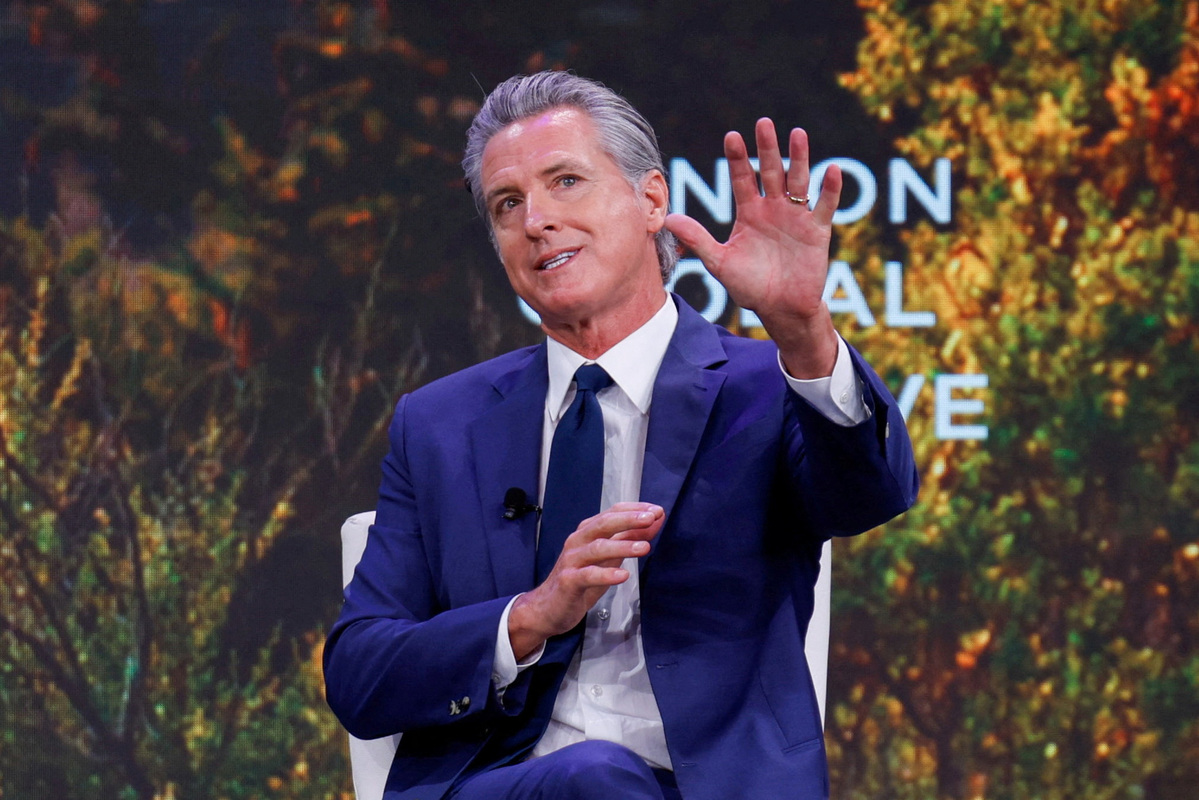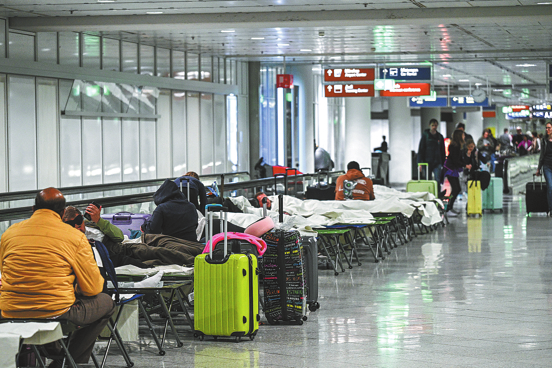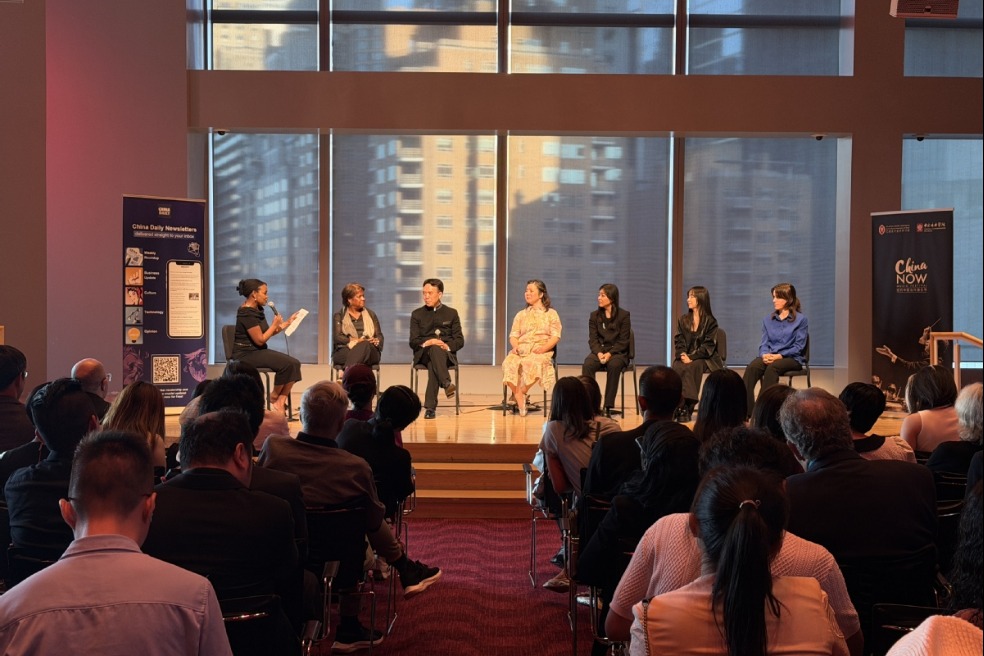Newsom vows to withhold funding from universities that sign Trump's compact


California Governor Gavin Newsom has vowed to strip state funding from any California university that agrees to implement the Trump administration's new "Compact for Academic Excellence in Higher Education". The move has reignited a fierce political battle over academic freedom, international student enrollment and federal control over higher education.
The controversial compact, unveiled by the White House this week, offers colleges favorable access to federal grants and new funding streams if they agree to a list of demands aligned with President Donald Trump's conservative agenda. Among these are caps on international student enrollment, bans on race and gender considerations in admissions and hiring, reintroduction of standardized testing requirements, and enforcement of the administration's definition of gender on campus facilities and athletics.
The compact also mandates that schools freeze tuition for five years, restrict certain liberal arts programs, and "transform or abolish institutional units that purposefully punish, belittle, and even spark violence against conservative ideas". "Institutions of higher education are free to develop models and values other than those below, if the institution elects to forego federal benefits," the compact states.
Governor Newsom, a Democrat and frequent critic of Trump, issued a strong warning on Thursday: "If any California university signs this radical agreement, they'll lose billions in state funding — including Cal Grants — instantly. California will not bankroll schools that sell out their students, professors, researchers, and surrender academic freedom."
Newsom characterized the compact as "nothing short of a hostile takeover of America's universities," accusing it of dictating how institutions must spend their endowments.
The governor's remarks came less than a day after the White House sent letters to nine major universities, including the University of Southern California (USC), the only California institution in the initial round. Other recipients included MIT, Dartmouth, Vanderbilt, Brown, and the University of Virginia.
Though USC is a private institution and does not receive direct state funding, its students benefit significantly from California's state financial aid programs. Under the Cal Grant program — which can cover up to $11,000 annually for qualifying students — USC received approximately $28.4 million in the 2024–25 academic year, helping support more than 3,000 students. That year, California awarded a total of about $2.5 billion in Cal Grants to both public and private institutions across the state.
In addition, international students — many from China and India — form a key part of USC's revenue model. According to admissions data, 26 percent of USC's fall 2025 freshman class are international students, with more than half coming from China or India. The Trump compact would limit international enrollment to just 15 percent of the undergraduate population, with no more than 5 percent from a single country, which would significantly impact USC.
USC officials have not committed to signing or rejecting the compact. A university spokesperson stated they are "reviewing the administration's letter."
Faculty and students have expressed concern about the compact and the pressure it imposes.
"It's upsetting as a faculty member, a teacher and a product of higher education to see this administration trying to dismantle academic freedom and free speech in such a systematic way," said Devin Griffiths, associate professor of English and comparative literature, who urged USC to "forcefully reject this" and suggested that universities take a collective stand.
Sanjay Madhav, associate professor of practice at USC's Viterbi School of Engineering, framed the compact as a constitutional threat, saying "The compact appeared to be blatantly in violation of the First Amendment since it states that the federal government is going to give preference to universities that align with its political views."
Another professor, Howard Rodman from the School of Cinematic Arts, was even more blunt, saying "It is abundantly clear that either the universities stand together and refuse the gift of ‘prioritized grants', or higher education in the United States will become a wholly owned subsidiary of MAGA, LLC.... When you lie down with dogs, you get up with fleas."
USC student Liam Wady described "a good balance of confusion and concern" on campus. Having participated in pro-Palestinian protests last year, he said he feared the administration might comply with the compact given its past handling of dissent. "I wouldn't be surprised if the school would end up adopting Trump's political priorities," he said.
Observers see the compact as the latest move in the Trump administration's strategy of using federal funding as leverage to reshape university policy. Over the past year, multiple elite institutions including Columbia, Brown and Harvard have faced federal investigations and funding constraints over how they handled campus protests and allegations of antisemitism. In one prior case, UCLA was penalized with $1.2 billion in fines and loss of grant access, though a federal judge later ordered the restoration of many suspended health and science grants.
Supporters of the compact argue it will rein in tuition hikes and restore balance to campuses they claim have become hostile to conservative voices. A White House spokesperson said Newsom was "opposing efforts to cap wild tuition hikes and to protect free speech," accusing him of mismanaging California's education system.
However, California legislators dismissed the federal overture as politically motivated. "No self-respecting university should sign on to this proposed compact," said state Assemblymember Al Muratsuchi, chair of the Assembly Education Committee. "Universities will never be able to live down a reputation of selling out their principles of academic freedom and free speech on these enticements of preferential treatment."
While only nine universities were included in the first round, a White House official told media outlets more schools could soon receive the compact. Public universities in California, including the University of California and California State University systems, are under federal civil rights investigations, making them vulnerable to similar pressures. At the same time, some institutions in conservative-led states have welcomed the offer. The University of Texas Board of Regents described itself as "honored" to be included, calling the compact an "opportunity" to align with the administration's goals.
Analysts note that the starkly different responses highlight deepening political polarization in US higher education. Where California leaders see the compact as a threat to academic independence and international openness, others view it as an opportunity to advance ideological priorities through financial incentives.
Agencies contributed to the story.

































